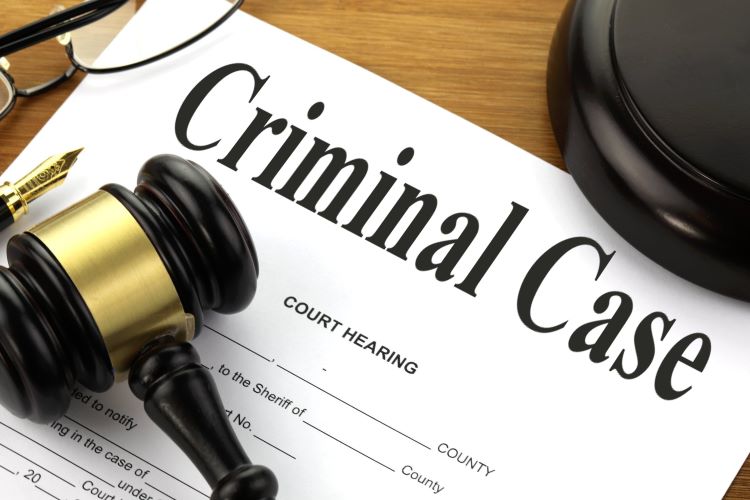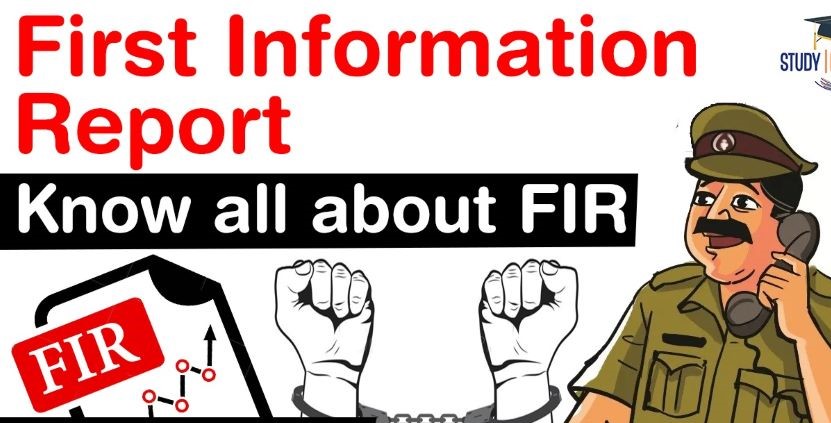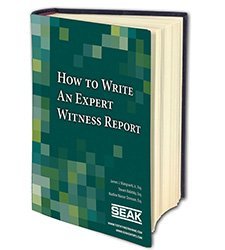Section outline
-
Instructions/Guideline for the course:
- All the students registered for this course have to enroll in Moodle
- Students can find all the course materials from Moodle.
- All the students have to submit the soft copy of their "Assignment" in Moodle under the assignment section created here and for this, they will be graded here.
- One discussion or feedback forum is created under each of the lectures Students have to give their feedback on these forums and marks will be given for their feedback
- Any announcement regarding the class will be posted on Moodle. So they have to keep themselves always active on Moodle.
- All the quizzes and presentations will be held on face to face class and maybe a few of the classes will be held on online (Moodle) and it will be announced before the class
- The question pattern and the syllabus for the quizzes, midterm, and final exam is given hereunder each of the section (quizzes, midterm, and final)
- There are midterm and final exam preparation forums under these sections where students can discuss with each other about their midterm and final exam syllabus, any problem regarding the exam, etc.
Course Summary and Objectives:
The Code of Criminal Procedure, 1898 deals with the procedural process of criminal litigation. After completing this course students will learn the vital issues of criminal laws, such as the constitution of criminal courts, their structures, power and jurisdiction, inquiries of trial, duties of police in arresting offenders, and so on.
However, the specific objectives of this course are:
* To learn about the Trial Procedure in different courts and summary trials.
* To familiar with Mode of Taking and Recording Evidence.
* To understand Judgment, Death Sentence confirmation, Appeal, Reference, and Revision.
* To realize about Execution, Suspension, Remission, Commutation of Sentences.
* To learn about the provisions related to Bail and the Bonds.
* To know about the Irregular Proceedings and Miscellaneous ProvisionsCourse Syllabus:
* Trial of Cases by Magistrates
* Summary Trails
* Trial before Courts of Sessions
* Mode of Taking and Recording Evidence.
* Judgment
* Death Sentence confirmation
* Appeal, Reference, and Revision
* Execution, Suspension, Remission, and Commutation of Sentences
* Provisions as to Bail and the Bail Bonds
* Public Prosecutor, Irregular Proceedings.
* Disputes to Immovable Property.-
Amrin Akter
Lecturer
Department of Law
Faculty of Humanities and Social Science
Daffodil International University
LLB (Hon's) & LLM
Daffodil International University
Research Interest: International Law, Constitutional Law, Family law.
Email: amrin.law@diu.edu.bd
Contact Number: +8801912250022

-

-
-

Objective:
To know the general provisions regarding the charge under the Code of Criminal Procedure.
Outcome:
Students are able to apply the knowledge in factual scenarios.
Contents:
- What is Charge ?
Nature and Purpose of charge
Essentials of Charge
Stating the Offence
Describing the offence by the name
Defining and understanding the offense
Mentioning the law and section of law
Substantive requirements of offense to be complied with
Charge’s language
Accused person’s previous convictions
Particulars of the way in which the offence was committed
Thing in respect of which offense is committed
Legal Provision relating to Charge under the Code of Criminal Procedure, 1898
-

-
General instructions for the students
1. Total time of the 1st quiz is two hours.
2. Total marks of the 1st quiz are 15
3. Answer should be relevant and plagiarism free.
4. Do not copy from others and the web.
5. Write in your own language
-
-

Objectives:
To know the general meaning and concept trial By Magistrates, Summary trial And Session Courts.
Outcomes:
Student will be able to demonstrate an understanding of the main principles of
trial By Magistrates, Summary trial And Session Courts.Contents:
- Trial by Magistrates,
- Summary trial and
- Trial before Court of Sessions
-
Trial Before Session Judge Court & Summery Trial
https://drive.google.com/file/d/1RkiWI9Y7MiliPBZt-9zg_d_I-qX9ZCJB/view?usp=sharing
-
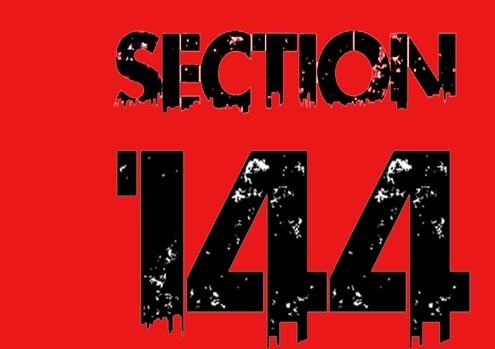
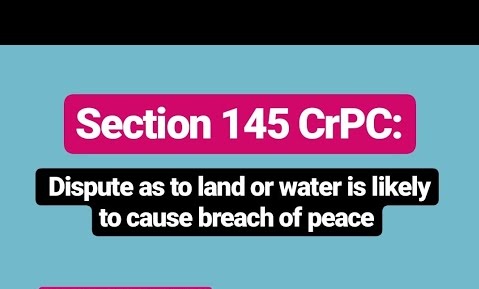
Objectives:
To know about the provisions of
1. Temporary orders in urgent cases of nuisance or apprehended danger u/s: 144.
2. The prevention of offences relating to immovable property disputes u/ss: 145-148
Outcome
Students will be able to demonstrate of understanding of the topic.
Contents
Section 144. TEMPORARY ORDERS IN URGENT CASES OF NUISANCE OR APPREHENDED DANGER:
- Who can impose?
- Reasons/ Conditions
- In writing order
- Exparte oder
- Order to Whom
- Cancellation of order
- Duration
- Remedy
- Violation
- · Section: 145: Procedure where dispute concerning land, etc., is likely to cause breach of peach:
- Who can impose?
- Reasons/ Conditions
- In writing order
- Cancellation of order
- Duration
- Remedy
- Violation
Power to attach subject of dispute S: 146Local Inquiry S: 148
-

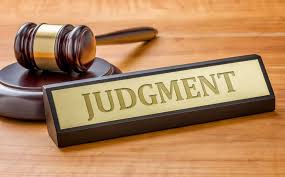
Objectives:
* To know the general meaning and application of Judgement.
Outcomes:
Students will be able to demonstrate an understanding of judgement.
Contents:
* The general meaning and definition of Judgement
* The contents or essentials of judgment in Criminal cases
* The Mode of delivering judgment
* When and how a judgment pronounced
* The language of the judgment
* The judgment in alternative. -
-
Objective:
To know the provisions regarding Lunatics, Administration of Justice & Habeas Corpus.
Outcome:
To apply that knowledge in practical scenarios.
Contents:
- Lunatics,
- Administration of Justice &
- Habeas Corpus
-
Objective:
To know the different provisions of Double Jeopardy.
Outcome:
To apply the provisions in practical scenarios.
Contents:
- Concept of Double Jeopardy
- Doctrine of “Double Jeopardy” is based on three maxims
Essential conditions of Double Jeopardy
Example of Double Jeopardy
Brief discussion of section 403

-
Objective:
To know the general provisions regarding the Code of Criminal Procedure.
Outcome:
Students are able to apply the knowledge in factual scenarios.
Contents:
- Power to postpone or adjourn proceedings
- Evidence recorded by different Judges or Magistrates
- Power to summon material witness or examine the person present
- Local Inspection
- Power to examine the accused
- Influence to induce disclosure
- Competency of accused to be witness
- The procedure of recording evidence
- Trial in absentia
-
Objectives:
To understand the Bangladesh legal system and lawyers' principal roles in that system.
Outcome:
Students will understand:
- How lawyers interpret and use the texts of Bangladesh law in advising clients and preventing and resolving disputes.
- The concepts of binding authority, persuasive authority and stare decisis.
- The development of the common law.
Contents:
Important and relevant cases of Criminal Procedure in Bangladesh.
-
Major Md. Nazmul Haque & ors. Vs. State and another (Farah Mahbub, J.)
‡gvt bvRgyj û`v Ii‡d bvRgyi û`v ebvg ivóª Ges Ab¨ (wePvicwZ Gg. Bbv‡qZzi iwng) 14 SCOB [2020] HCD
Major Md. Nazmul Haque & ors. Vs. State and another (Farah Mahbub, J.)- 2
PC- Md. Nazmul Huda Vs State & Others- 14 SCOB- P.279
35B- Md. Nazmul Huda Vs State & Others- 14 SCOB- P.279
-
1. Write a 10 line case summary in your own words.
মো জুয়েল শিকদার বনাম রাষ্ট্র
145
561A
2.Md. Nazmul Huda Vs State & Others
Bangla
279
265C
27
Kamal alias Exol Kamal Vs. State
25
Commutation of Sentence
-
Objectives:
To know the power to suspend or remit and commute the punishment
Outcomes
Students will be to apply the learning in a practical scenario.
Contents:
- Suspension
- Remission
- commutation
-
Objective:
To know the different types of execution processes.
Outcome:
To apply the knowledge in a practical scenario.
Contents:
- Execution of sentences of death
- Execution of sentences of fine
- Execution of sentences of imprisonment
-
Objective:
To know the procedure of transfer of criminal cases under the Criminal Procedure Code.
Outcome:
Students will be able to apply the knowledge in a practical scenario.
Contents:
- Transfer of by Supreme Court
- Transfer of cases by Court of Sessions
- Withdrawl and Recal
-
Objective:
To Know the different methods for disposal of the trial.
Outcome:
To apply the knowledge in a practical scenario
Contents:
- Compounding of offences
- Withdrawal from prosecution
- Tender of pardon to accomplices
-

Objectives:
To know the procedure of issuing commission for examination of witnesses, Special evidence, Previous acquittal and Conviction
Outcome
Students will be able to demonstrate of understanding of the topic.
Contents:
- Commission for examination of witnesses
- Special mode of taking evidence
- Previous acquittal and conviction
-
Objectives:
To know the provisions of Bail and bail bond in criminal cases.
Outcomes:
Students will be able to apply the knowledge in practical aspect.
Contents:
Scope of bail
Bond of accused and sureties
Discharge of sureties
-



